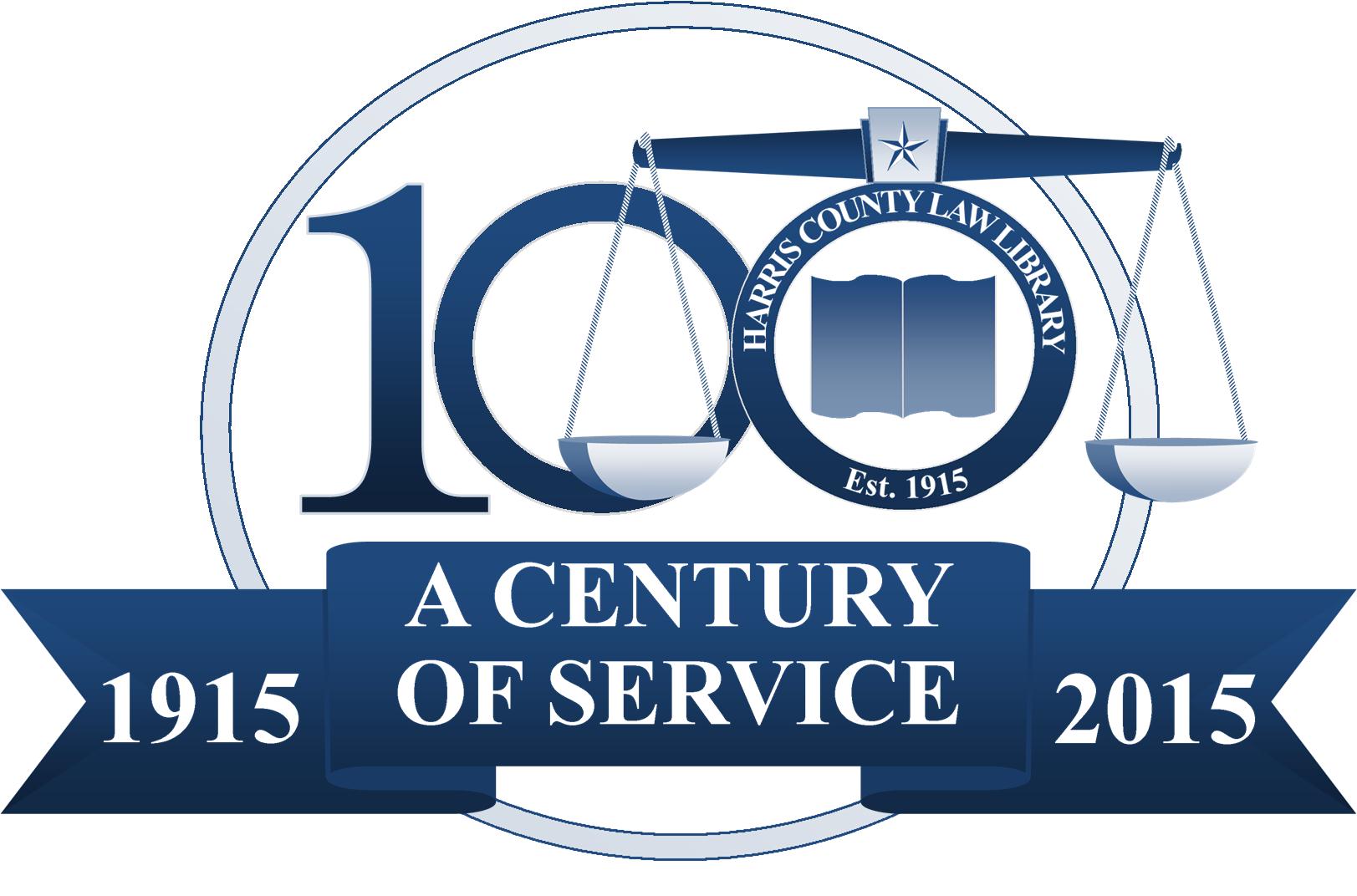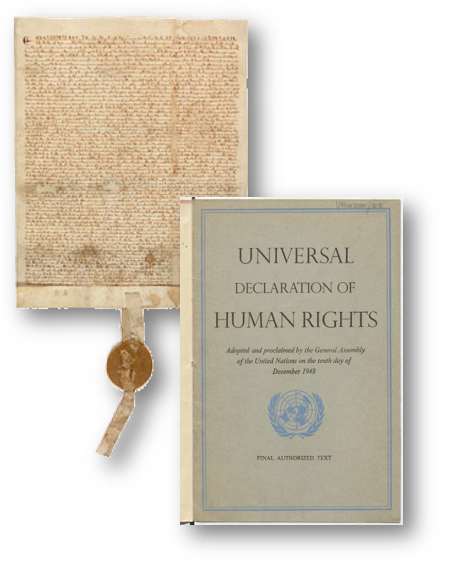October 1 is a special day each year at the Harris County Law Library. On October 1, 1915, attorneys gathered in downtown Houston for our institution's official grand opening and each year that passes gives us a chance to reflect on the progress we've made in serving our patrons and fulfilling our mission.
Two years ago, the Law Library marked the occasion by inviting the local legal community to join us for a Centennial Celebration featuring a keynote address from Texas Supreme Court Chief Justice Nathan Hecht. During his address, the chief justice noted that, throughout the centuries, great thinkers have reiterated the sentiment that "knowledge is power," including influential writers, from the drafters of the Texas Constitution to novelists George Orwell (Nineteen Eighty-Four) and Ray Bradbury (Fahrenheit 451), who make the point that access to knowledge is essential in a free society. The chief justice connected these historical themes with the Centennial Celebration by noting that "[i]t is in opposition to a suppression of knowledge, and in support of its general diffusion, that we gather in celebration of this great public law library."
Inspired by Chief Justice Hecht's words and driven by a mission to promote access to justice through access to legal information, the Law Library continues to expand opportunities for our patrons to gain knowledge. We've launched our Legal Tech Institute, which provides free training opportunities to attorneys and members of the public who might otherwise be left behind by technological advancements in our justice system. In a short time, we will further expand available legal tech training opportunities to include experiential learning with our Hands-On Legal Tech Training program, thanks to a generous grant from the Texas Bar Foundation. A legal clinic from Houston Volunteer Lawyers is now available in the Law Library 5 days per week to connect individuals with limited means with legal information for a licensed volunteer attorney.
When disaster struck, the Law Library launched the Harvey Recovery Resources page to help connect Houstonians with information on available local, state, and federal aid. In each instance, the Law Library works to disseminate knowledge and empower our patrons to participate as informed citizens in our Harris County government.








